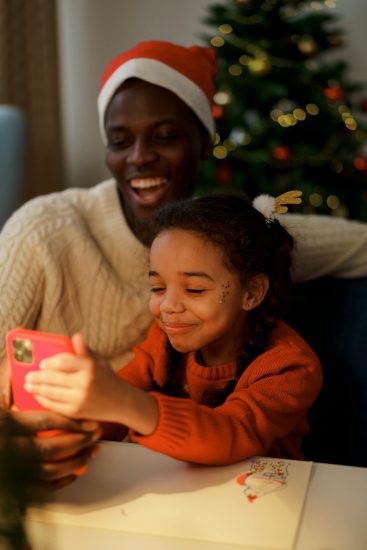Navigating Screen Time: A Modern Parenting Challenge

As parents, we’re all too familiar with the double-edged sword of technology. On one hand, the digital world is a gold mine of knowledge and learning opportunities. On the other, it introduces complexities in parenting, especially when it comes to screen time. It’s like sailing in uncharted waters without a map, unsure if we’re headed for treasure or trouble.
The big question on every parent’s mind: is screen time really that bad? Research is still catching up, but we do hear the buzz about its potential negative effects. For our little ones, too much screen time might be more than just a distraction. It can touch every part of their development – from how they think to how they interact with the world around them.
Take babies, for example. Studies hint that screens might mess with their reward systems. Picture this: a baby mesmerized by a tablet is being fed instant entertainment. This can lead to less creativity, impatience, and an appetite for quick rewards. Not exactly the traits we want for our future leaders, right?
Or, a baby being fed while watching a screen – and I so so get you, mamas, the baby will not eat otherwise! Still, the baby will not pay attention to food. She might just eat whatever she is given – she will not learn what she likes or dislike in food, and she will probably not stop when full – a possible cause for obesity in later years.
For my little one, I’ve decided no screens until she’s at least three (and it wasn’t easy to follow that rule). And even then, it’ll be on a need-to-see basis, like maybe when she hears about a cartoon from friends. The exception? Video calls with grandma and grandpa, and enjoying photos – because who doesn’t love a good family album? Some guidelines from sources I trust indicate the best would be no screen time until 3 years old, and then 10 min/day, under supervision.
Now, as kids grow, the plot thickens. The shows they watch can shape their behavior and even affect how they process emotions. Guiding our kids through the maze of media becomes even trickier. Adolescents find their social worlds extended online, where schoolyard interactions turn into 24/7 digital dialogues, often with complex social dynamics and risks like cyberbullying.
At the same time, let’s not forget there are positives too – screens & the internet can be incredibly educational. They can introduce kids to new languages, cultures, and ideas.
So, what’s a parent to do? Setting clear boundaries, using parental controls, and modeling good screen habits ourselves can make a big difference. By fostering an environment where alternative, development-stimulating activities are the norm, we can help our children thrive both offline and on.
In the end, screen time is just one of the many parenting hurdles in the digital era. It’s not easy, but with a little guidance and a lot of love, we can help our kids navigate this digital landscape while keeping their well-being as our North Star.

